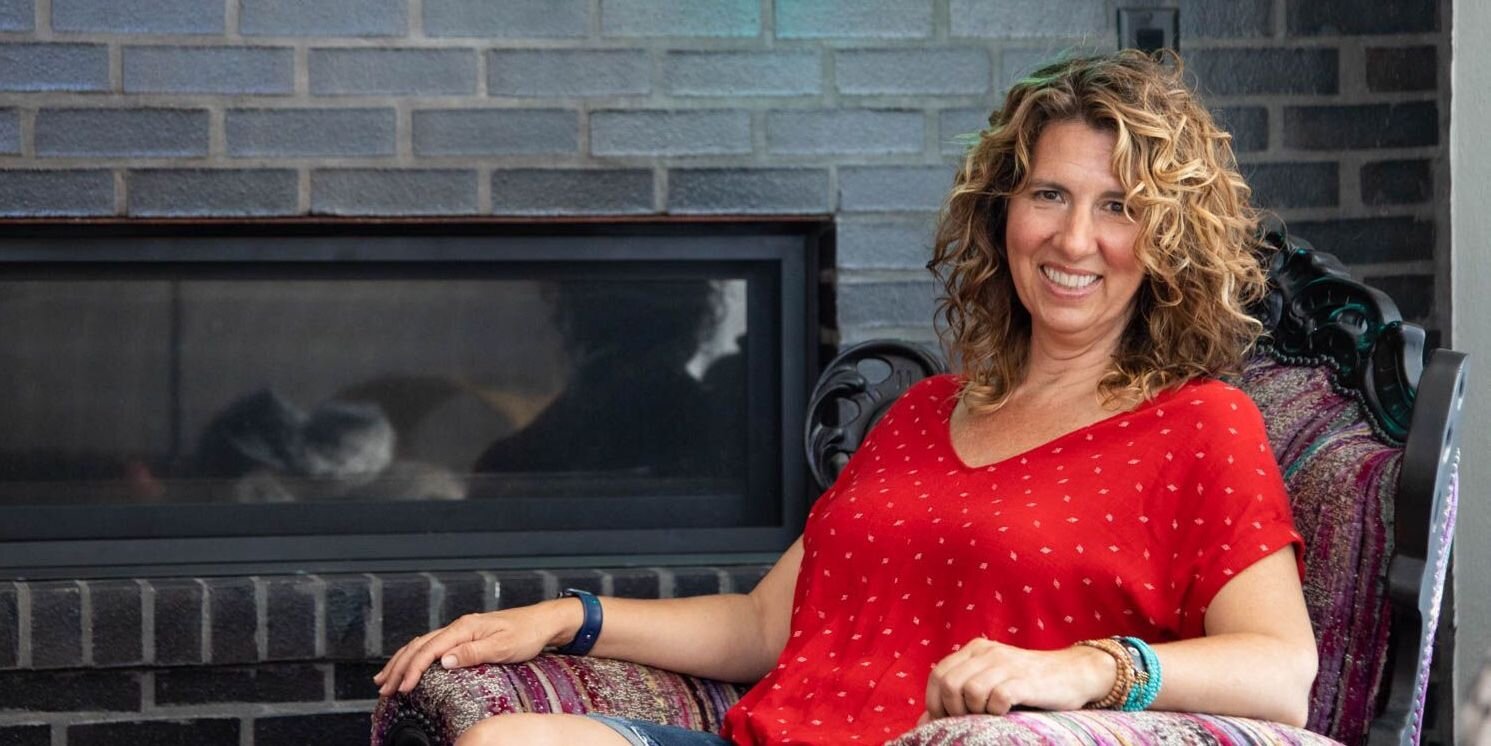Conflict Skills Training: Transforming Difficult Conversations into Opportunities for Growth
Embrace Conflict as a Catalyst for Positive Change
Conflict is an inevitable part of human interaction. Yet, many of us were never taught how to navigate it effectively. When tensions rise, the instinct to avoid confrontation can be strong. However, conflict doesn't have to be something to fear. With the right conflict skills training, it becomes an opportunity for growth, connection, and positive transformation.
Avoiding conflict often comes at a high cost—emotionally, professionally, and even financially. Unresolved issues can fester, leading to decreased morale, productivity, and trust within teams. Conversely, addressing conflict head-on with effective communication and empathy can strengthen relationships and drive innovation.
Through comprehensive conflict skills training, individuals and teams can learn to approach difficult conversations with confidence and clarity. These skills are not only essential for resolving disputes but also for navigating change, transitioning into new roles, and leading with authenticity.
Why Invest in Conflict Skills Training?
Conflict skills training equips participants with the tools to manage disagreements constructively. By fostering open dialogue and mutual understanding, teams can transform tension into collaboration.
Key Benefits:
Enhanced Communication: Learn to express thoughts and feelings clearly while actively listening to others.
Improved Relationships: Build trust and rapport among team members, clients, and stakeholders.
Increased Productivity: Resolve issues promptly, minimizing disruptions and maintaining focus on goals.
Personal Growth: Develop self-awareness and emotional intelligence, leading to better decision-making.
What You'll Learn in My Conflict Skills Training Workshops
My workshops are designed to be interactive and practical, ensuring participants can apply what they learn immediately. Each session is tailored to the unique needs of the group, making the experience relevant and impactful.
Core Components:
Techniques for Building Trust: Establish a safe environment where open communication thrives.
Active Listening Skills: Understand the importance of listening to understand, not just to respond.
Understanding the Psychology of Conflict: Gain insights into the underlying causes of disputes and how to address them.
Bias Awareness: Recognize and mitigate unconscious biases that can hinder effective communication.
Managing Strong Emotions: Develop strategies to stay composed and empathetic during heated discussions.
Navigating Power Dynamics: Learn to identify and address imbalances that may affect interactions.
Balancing Competing Priorities: Acquire tools to manage differing objectives and find common ground.
Addressing Real-World Challenges
Handling Upset Clients
In any professional setting, encountering dissatisfied clients is inevitable. Our conflict skills training emphasizes the importance of active listening and empathy in these situations. By validating concerns and seeking solutions collaboratively, professionals can turn potential conflicts into opportunities for strengthening client relationships.
Navigating Organizational Change
Change often brings uncertainty, leading to resistance and conflict. Our training provides strategies for communicating change effectively, addressing concerns, and involving stakeholders in the transition process. By proactively managing change-related conflicts, organizations can ensure smoother adaptations and sustained success.
Managing Team Disagreements
Disagreements among team members can hinder progress if not addressed promptly. Through our workshops, participants learn to facilitate open discussions, mediate disputes, and foster a culture of mutual respect. These conflict resolution techniques are essential for maintaining a harmonious and productive work environment.
Our group of experienced mediators loved Caitlin and this training! So many new ideas on how to recognize our bias and understand where that gets in the way of the process. She is an excellent trainer, and I hope to have her back for a longer, more in-depth training soon.
Carin Armstrong, City of Boulder Community Mediation and Resolution Center Program Manager
Training Methods:
Group Discussions: Encourage sharing of experiences and collective problem-solving.
Role-Plays: Simulate real-life scenarios to practice new skills in a safe environment.
Interactive Exercises: Reinforce concepts through hands-on activities.
Visual Aids: Utilize diagrams and illustrations to clarify complex ideas.
Short Videos: Provide diverse perspectives and case studies for analysis.
Mini-Lectures: Offer concise explanations of key theories and models.
My Training Approach
I believe that effective learning occurs through engagement and practical application. My conflict skills training workshops are far from traditional lectures; they are dynamic experiences that cater to various learning styles.
Our goal is to create an inclusive atmosphere where participants feel comfortable exploring new concepts and challenging existing assumptions. By fostering a supportive learning environment, we enable meaningful growth and development.
Who Can Benefit?
Conflict skills training is valuable across all sectors and roles. Our workshops are particularly beneficial for:
Educators: Enhance classroom management and student engagement.
HR Professionals: Create inclusive workplaces and resolve interpersonal challenges.
Managers and Supervisors: Lead teams with greater emotional intelligence and clarity.
Healthcare Providers: Navigate high-stress interactions with compassion.
Coaches and Consultants: Support clients through emotionally charged transitions.
Community Organizers: Build stronger coalitions through collaborative problem-solving.
What Makes My Conflict Skills Training Different?
You won’t find stale PowerPoints or long lectures here. I bring humor, real-world examples, and energy to every training. I meet participants where they are and co-create learning experiences that stick.
I’ve designed conflict skills training for nonprofits, government agencies, schools, small businesses, and community groups. No matter the setting, my goal is always the same: to create space for learning, reflection, and connection.
“Caitlin’s training transformed how our team communicates. We now have shared language and more confidence in handling tense conversations.”
“I used to dread conflict. Now I feel equipped and grounded. Caitlin’s workshops are a gift.”
“Her training helped me not just at work, but at home. I’m a better listener and partner because of what I learned.”
Book a Training
Ready to bring conflict skills training to your team or community? Let’s talk! I offer free discovery calls to explore your needs and recommend the best approach.
Want to learn more about a specific workshop, like "How to Have Difficult Conversations When Tensions Are High"? Visit my workshops page.
Hey 👋 I’m Caitlin!
I’m a conflict mediator, coach, and facilitator with over a decade of experience supporting individuals and organizations through change and challenge. My work is grounded in principles of equity, accessibility, and curiosity. I believe conflict is not a problem to be avoided but an opportunity to be understood. And I believe we all deserve the tools to meet it with confidence and care.
Whether you're navigating workplace tensions or family dynamics, conflict skills training can change the way you show up—for yourself and for others.
Let’s make conflict a place of possibility.
Conflict skills training doesn’t just change conversations—it changes lives.










